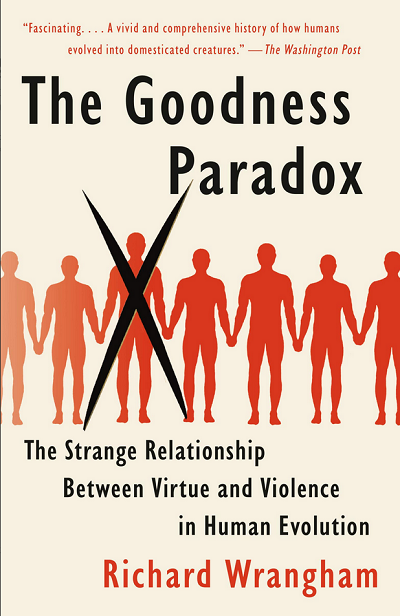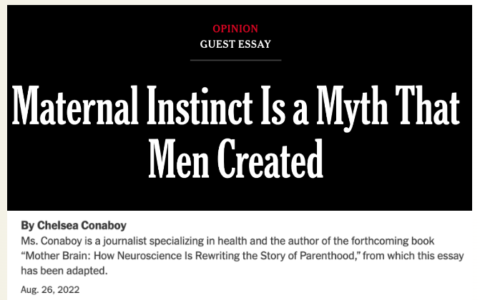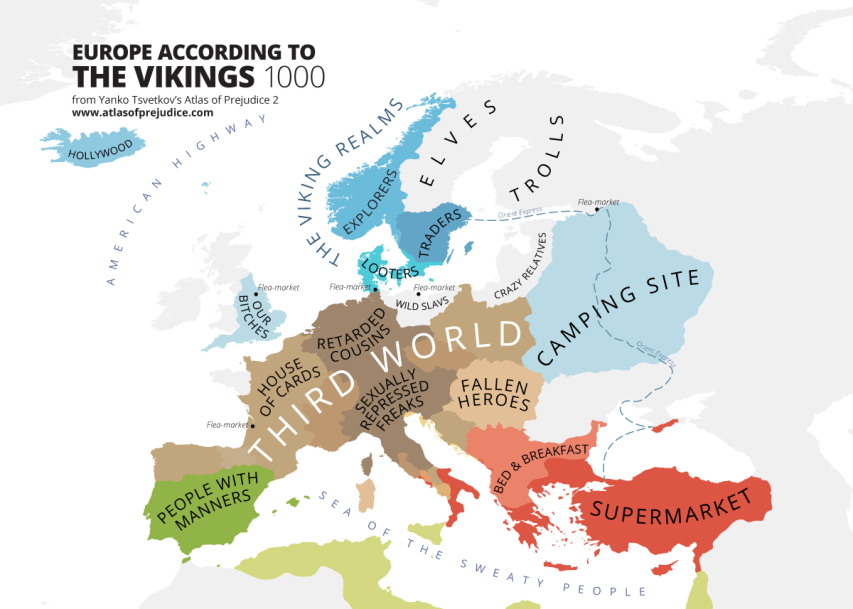Unlike his usual bite-sized quips-with-links at Instapundit, Glenn Reynolds occasionally writes at length for his Substack page:

The western front of the United States Capitol. The Neoclassical style building is located in Washington, D.C., on top of Capitol Hill at the east end of the National Mall. The Capitol was designated a National Historic Landmark in 1960.
Photo via Wikimedia Commons.
Our modern ruling class is peculiar. One of its many peculiarities is its penchant for fads, and what can only be called mass hysteria. Repeatedly, we see waves in which something that nobody much cared about suddenly comes to dominate ruling class discourse. Almost in synchrony, a wide range of institutions begin to talk about it, and to be preoccupied by it, even as every leading figure virtue-signals regarding this subject which, only a month or two previously, hardly any of them even knew about, much less cared about.
There are several factors behind this, but one of the most important, I think, is that our ruling class is a monoculture.
In agriculture, a monoculture exists when just a single variety dominates a crop. “Monoculture has its benefits. The entire system is standard, so there are rarely new production and maintenance processes, and everything is compatible and familiar to users. On the other hand, as banana farmers learned, in a monoculture, all instances are prone to the same set of attacks. If someone or something figures out how to affect just one, the entire system is put at risk.”
In a monoculture, if one plant is vulnerable to a disease or an insect, they all are. Thus diseases or pests can rip through it like nobody’s business. (As John Scalzi observes in one of his books, it’s also why clone armies, popular in science fiction, are a bad idea in reality, as they would be highly vulnerable to engineered diseases.) A uniform population is a high-value target.
[…]
Codevilla wrote the essay [here] over a decade ago, and it has only grown more true in the interim. Despite its constant invocation of “diversity”, in many important ways our ruling class is much less diverse than it has ever been. And, as a monoculture, it is vulnerable to viruses of a sort. Including what amount to viruses of the mind.
When Elon Musk referred to the dangers of the “woke mind virus“, he knew exactly what he was talking about. Ideas can be contagious, and can be viewed as analogous to viruses, entities that reproduce by infecting individuals and coopting those individuals into spreading them to others. Richard Dawkins, in his The Selfish Gene, coined the term “meme” to describe these infectious ideas, though the term has since acquired a more popular meaning involving photos of cats, etc. with captions. And yet those pictures are themselves memes, to the extent they “go viral” and persuade others to copy and spread them.
Our ruling class is particularly vulnerable to mind viruses for several reasons. First, it is a monoculture, so that what is persuasive to one member is likely to be persuasive to many.
Second, it suffers from deep and widespread status anxiety – not least because most of its members have status, but few real accomplishments to rely on – and thus requires constant reassurance in the form of peer acceptance, reassurance that is generally achieved by repeating whatever the popular people are saying already. And third, it has few real deeply held values, which might otherwise provide guard rails of a sort against believing crazy things.
In a more diverse ruling class, ideas would not spread so swiftly or be received so uncritically. People with different worldviews would respond differently to ideas as they entered the world of discourse. There would be criticism and there would be debate. (Indeed, this is how things generally worked during the earlier, more diverse, era described by Codevilla, though intellectual fads – lobotomy, say, or eugenics – spread then, too, though mostly through the Gentry/Academic stratum of society that now dominates the ruling class.)












